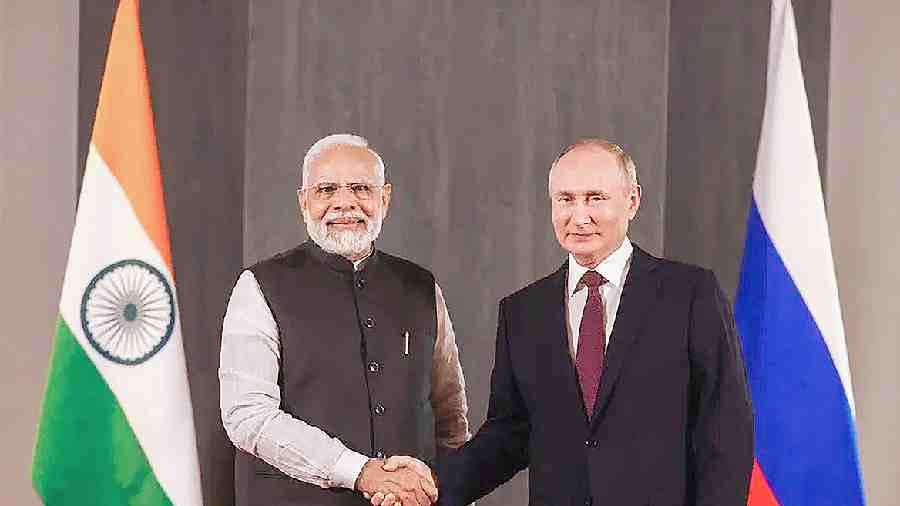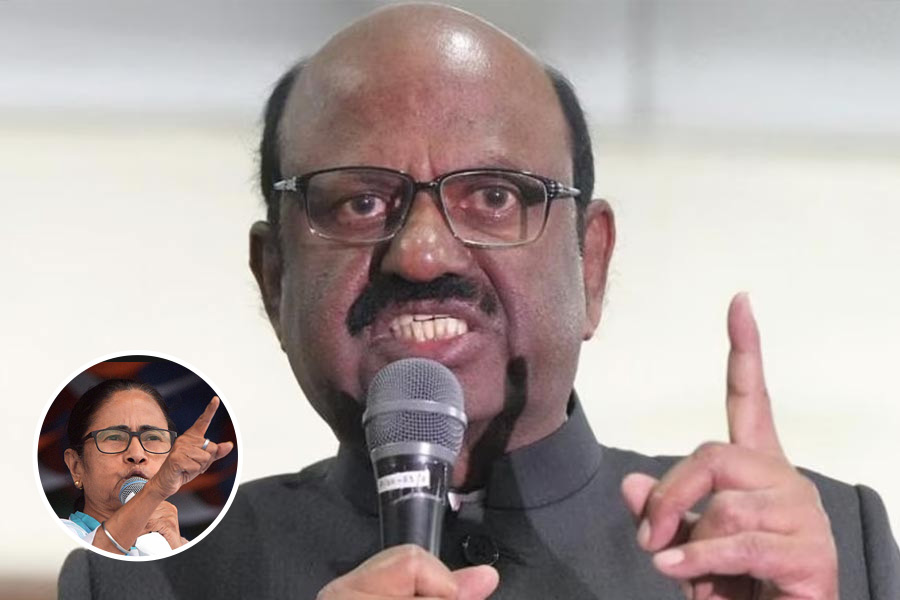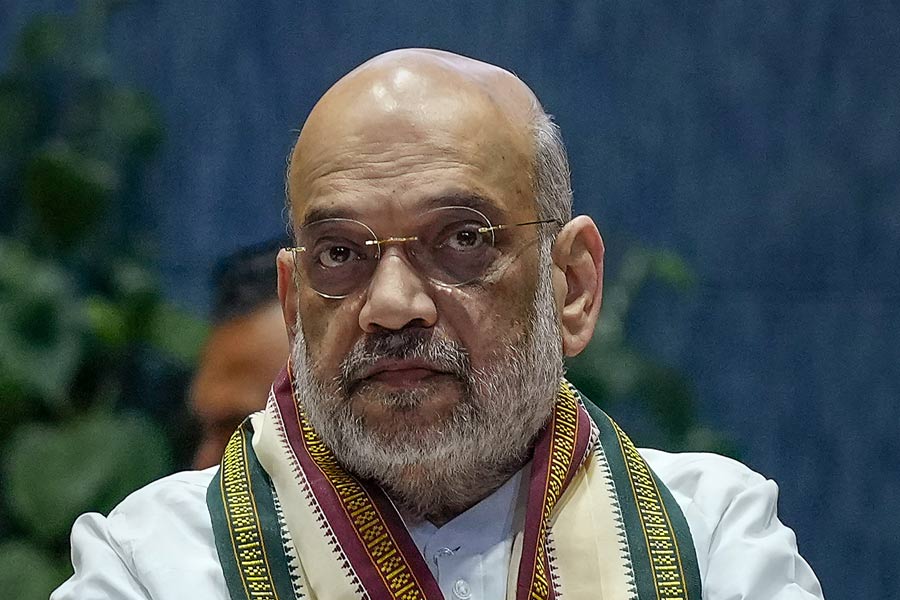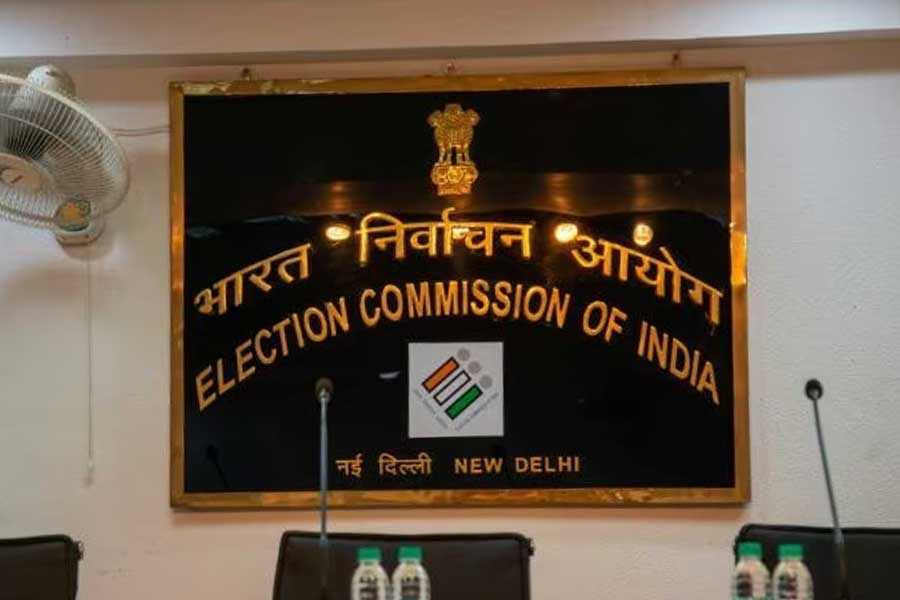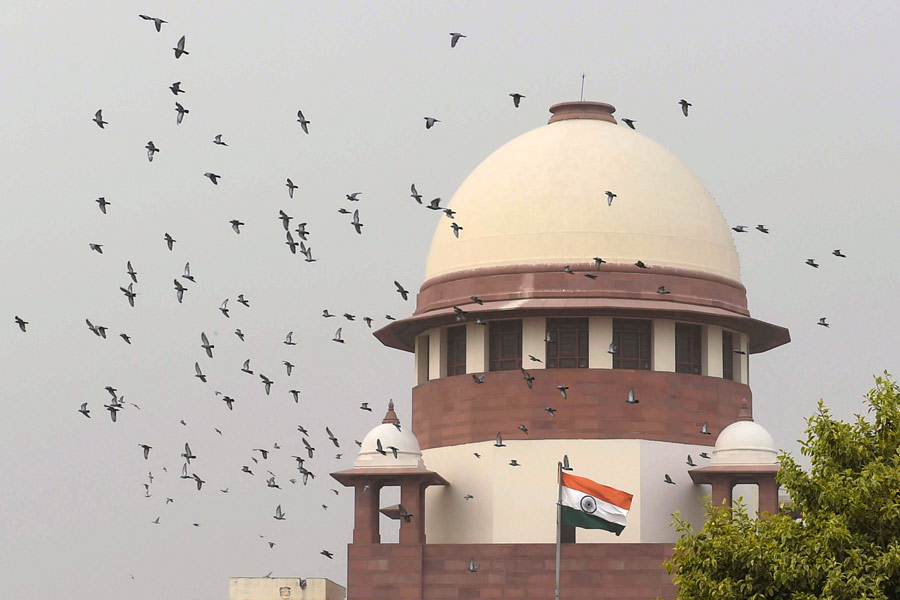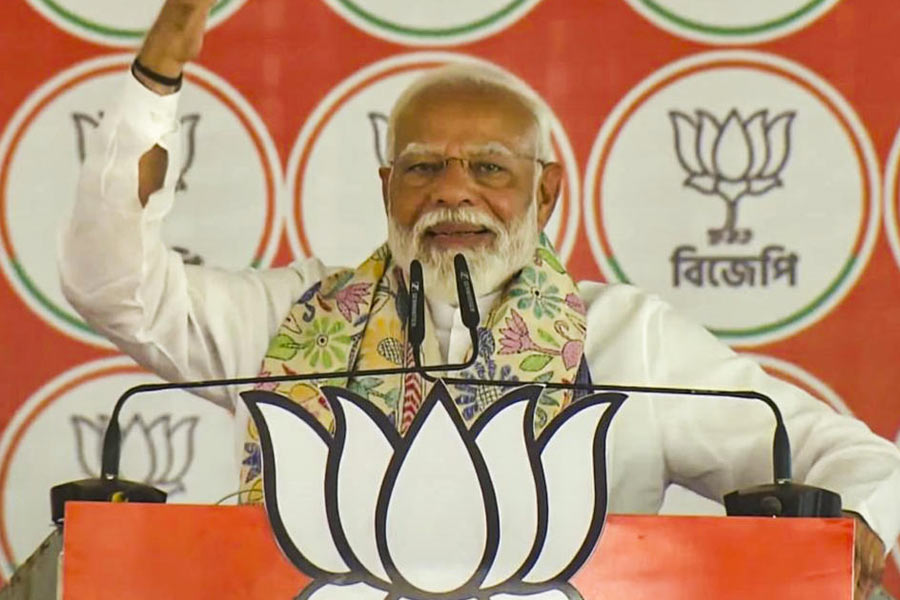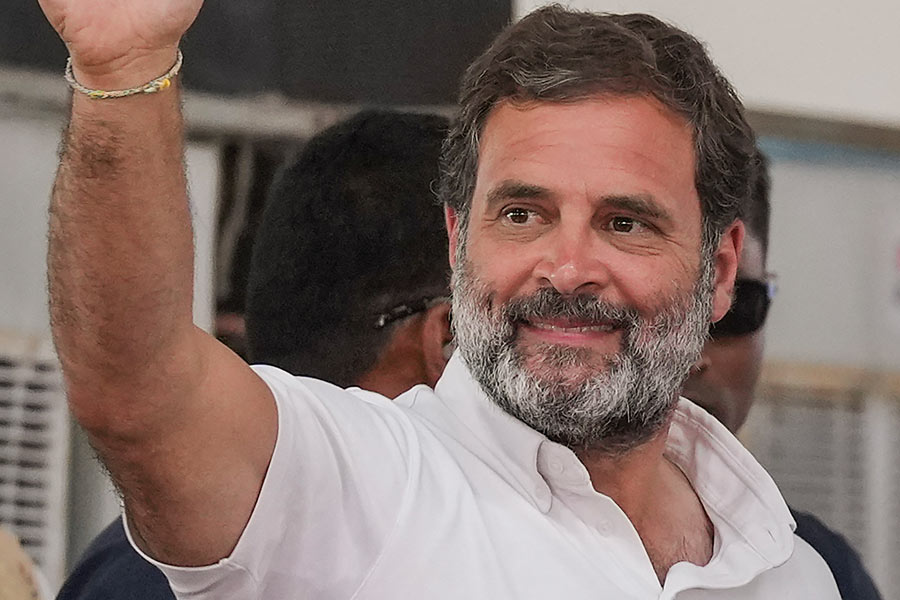Prime Minister Narendra Modi met the Russian president, Vladimir Putin, on September 16 on the sidelines of the Shanghai Cooperation Organisation summit in Samarkand. Putin opened the conversation first and said, inter alia, in the presence of the media, “I know your position on the conflict in Ukraine and the concerns that you constantly express. We will do our best to make it stop as soon as possible.” He went on to blame Ukraine for “abandoning” negotiations and seeking to “achieve its goals by military means”. He assured Modi that Russia would keep India informed of Ukraine-related developments.
Clearly, Putin sought to publicly assure Modi that he took India’s position on Ukraine seriously. At the same time, he naturally sought to defend his Ukraine policy. Modi could have responded to Putin’s remarks in several ways, each of which could have underlined the need to persevere with diplomacy and dialogue to resolve the situation. That would have been in keeping with the consistent position India has taken since the beginning of the Russian invasion of Ukraine in February. It may be recalled that after the invasion, India gave up emphasising that Russian security interests should be taken into account. It began to stress the need to uphold sovereignty and territorial integrity of nation-states.
To his credit, Modi underlined the significance of “democracy, diplomacy and dialogue” and focused on the difficulties faced by the developing world on ‘food, fuel and fertilizers’ at present. These were clear, if implicit, references to the war’s global impact. Modi also noted that the two leaders had known each other for two decades and eloquently referred to the traditional strength of India-Russia ties. However, amidst all this, he added the crucial words, “Today’s era is not of war.”
On their part, the Russians have taken this starkly clear, public reminder stoically and in their stride. They have chosen, instead, to focus on the totality of Modi’s remarks which emphasised the special nature of Indo-Russian ties through the decades. However, this public reminder provided an opportunity to some Western countries to use the sentence to focus on the repercussions of Russia’s invasion of Ukraine. Thus, in his United Nations General Assembly address, the French president, Emmanuel Macron, while underlining the need to assist those who are the “most vulnerable” on account of global challenges arising out of climate change and pandemics, said, “As Narendra Modi, Prime Minister of India, rightly said: today’s era is not an era of war.” Macron cleverly used Modi’s words. Certainly, it could not have been Modi’s intention that his words on the inadmissibility of war in contemporary times should be even remotely used by others to criticise Putin. But that is what happened.
Never since 1971, when Russian support was critical to meet the enormous challenges of that year, has a sentence being spoken in public by the top leader of either state provided, even inadvertently, diplomatic ammunition to the critics of the other country. Unhappiness with actions and policies was always communicated privately. India was deeply disturbed by the Soviet invasion of Afghanistan in December 1979. In his remarkable memoir, A Life in Diplomacy, the former foreign secretary, Maharajakrishna Rasgotra, gives a fascinating account of an October 1982 meeting in Moscow between the then prime minister, Indira Gandhi, and the top Soviet leader, Leonid Brezhnev. As a preface to his description of this meeting, Rasgotra notes that Indira Gandhi had “serious reservations” about Soviet military “intervention” in Afghanistan and the “dangers of jihad” as a consequence of its action. In the Indira Gandhi-Brezhnev meeting, the latter said that he had reluctantly sent initially 10,000 Soviet troops into Afghanistan in response to the repeated requests by the then Afghan president, Nur Muhammad Taraki, but “now” there were 1,10,000 Soviet troops and “I do not know what they are doing there.” He then added, “I want to get out of Afghanistan. Madam, you know that region well! Show me a way to get out of Afghanistan.”
Rasgotra records that initially Indira Gandhi “did not show the slightest inclination to react to Brezhnev’s plea”. The Soviet chief then repeated it. Finally, and only at the prodding of her aides, including Rasgotra, Indira Gandhi said, “Mr general secretary, it is a good idea to withdraw your forces from Afghanistan. The way out is the same as the way in.”
The Soviets were mystified by the latter part of Indira Gandhi’s cryptic observation. Rasgotra later, amplifying Indira Gandhi’s remark, suggested to the veteran Soviet foreign minister, Andrei Gromyko, that the USSR should simply declare that the purposes of its intervention had been served and withdraw its forces and let the Afghans settle their affairs in their traditional way.
Of course, there is a gulf of four decades between 1982 and 2022. The Soviet Union, defeated in the Cold War, was consigned to the dustbin of history in 1991. Russia is a pale shadow of the superpower that the USSR was. India has changed dramatically in the past three decades and is a major power; its dependency on Russia continues in some areas but it is not even remotely what it was in the 1980s. All that acknowledged, it must be admitted that some verities of diplomacy are eternal. And one of these is the avoidance of words in public which can be misconstrued or misinterpreted to embarrass both to whom they are addressed and the articulator himself. This is especially so in contentious times.
Modi has rightly pushed for peace and diplomacy as the only real solutions to the Ukraine crisis, which has damaged Indian interests just as the Soviet invasion of Afghanistan adversely changed India’s security environment in its Western neighbourhood. India has also to respond to the changes taking place in the European order as a consequence of Russia’s invasion of Ukraine. There is also a coincidence of Indian and Western interests on account of Chinese actions in the Indo-Pacific. All these require foreign policy responses but the quiet and private pursuit of dialogue with leaders of friendly states such as Russia should not be abandoned.
Vivek Katju is a retired Indian Foreign Service officer

